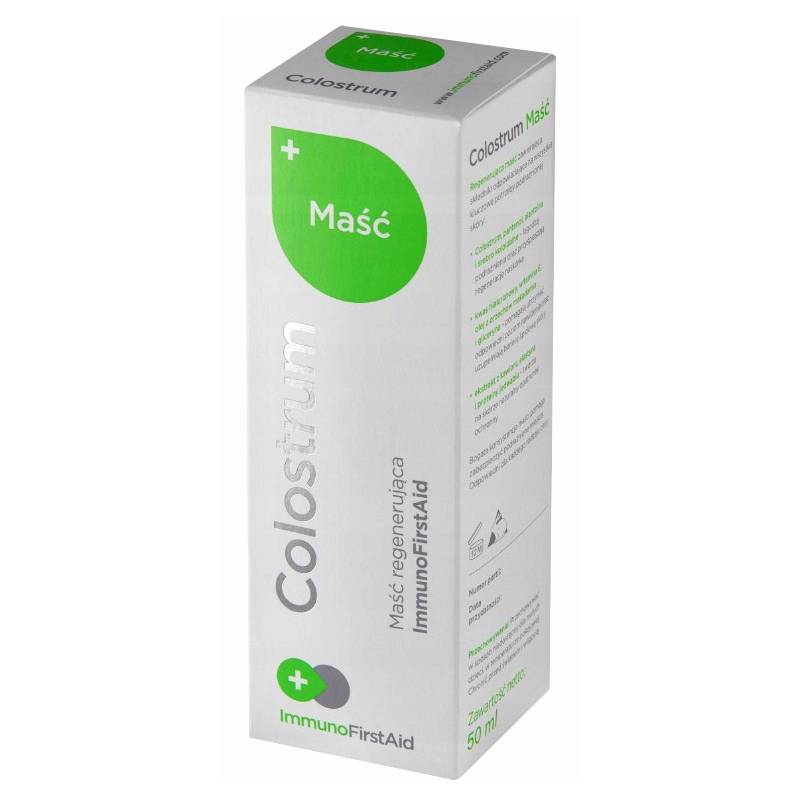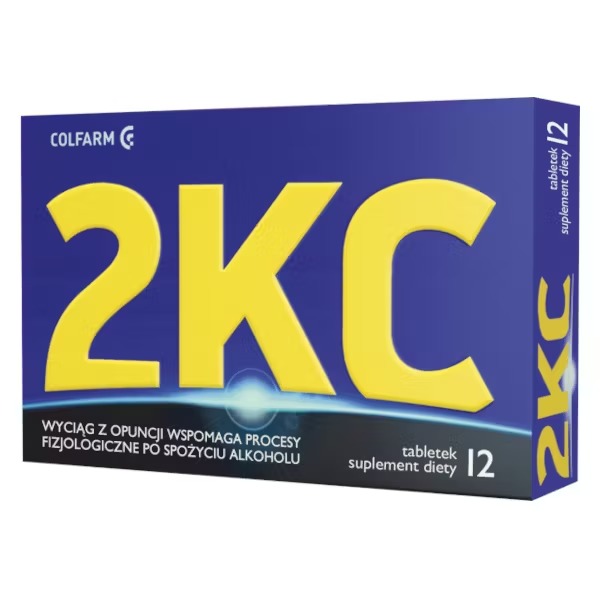The active substance of Contrahist Allergy is levocetirizine dihydrochloride. Contrahist Allergy is an antiallergic drug.
Contrahist Allergy is indicated in adults, adolescents and children over 6 years of age for the treatment of symptoms associated with:
- allergic rhinitis (including chronic allergic rhinitis),
- chronic idiopathic urticaria.
Indications
Symptomatic treatment of allergic rhinitis (including chronic allergic rhinitis) and chronic idiopathic urticaria in adults, adolescents and children over 6 years of age.
Active substance: Levocetirizine dihydrochloride
Composition
| Active substance | The active substance is levocetirizine dihydrochloride. Each film-coated tablet contains 5 mg levocetirizine dihydrochloride, equivalent to 4.2 mg levocetirizine. |
| Other ingredients | microcrystalline cellulose (type 102), lactose monohydrate, magnesium stearate, hypromellose, titanium dioxide (E 171), macrogol 400. |
Dosage
Do not use the medicine for longer than 10 days without consulting your doctor.
If there is no improvement or the patient feels worse after 3 days of starting treatment, consult a doctor.
The recommended dose for adults and children aged 6 years and over is 1 tablet (5 mg) daily.
In patients with impaired renal function the dose may need to be reduced depending on the severity of the kidney disease.
Patients who only have liver problems should take the usual recommended dose.
Patients who have both liver and kidney problems may need a lower dose depending on the severity of their kidney disease. In children who have both liver and kidney problems, the dose should also be adjusted based on body weight. In such cases, the dose should be determined by the doctor.
It is not recommended to give Contrahist Allergy tablets to children under 6 years of age.
The tablet should be swallowed whole with water. The medicine can be taken with or without food.
Contraindications
When not to use Contrahist Allergy:
- if you are allergic (hypersensitive) to levocetirizine dihydrochloride, an antiallergic drug or any of the other ingredients of Contrahist Allergy,
- if you have severe renal impairment (severe renal failure with creatinine clearance less than 10 ml/min),
- if you have hereditary problems of galactose intolerance, the Lapp lactase deficiency or glucose-galactose malabsorption.
Notes on use
Caution should be exercised when taking Contrahist Allergy concomitantly with alcohol. In sensitive patients, the concomitant administration of cetirizine or levocetirizine with alcohol or other centrally acting agents may affect the central nervous system function, although it has been shown that the racemate cetirizine does not potentiate the effect of alcohol.







































Reviews
Clear filtersThere are no reviews yet.